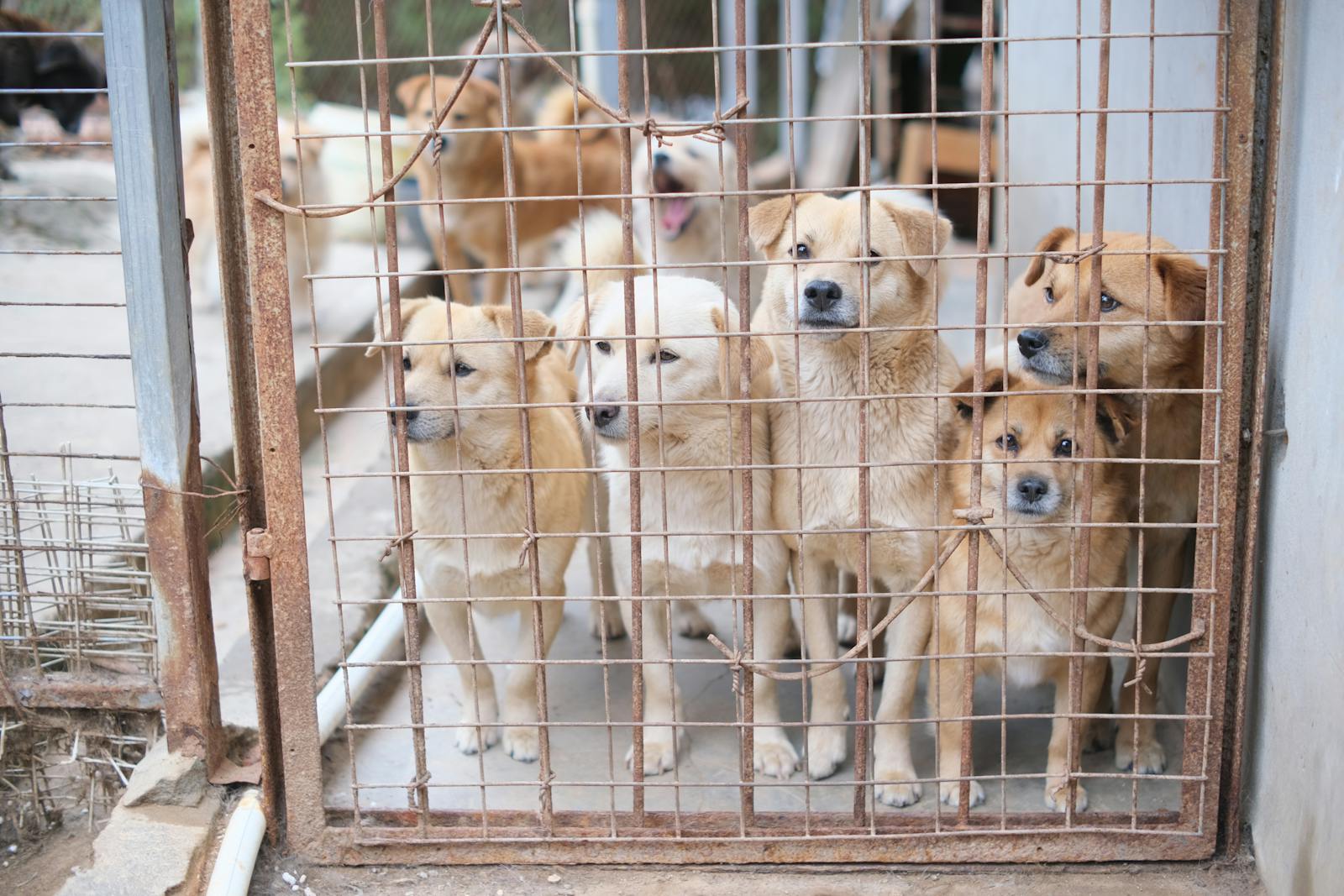Ethical Breeding Practices Near The Role of Shelter Animals in Promoting Ethical Breeding
Ethical Breeding Practices: How Shelter Animals Promote Ethical Breeding and Create a Sustainable Future for Pets at FetchQuest.info
Understanding Ethical Breeding Practices
Ethical breeding practices are fundamental to ensuring the health and welfare of companion animals. These practices focus on enhancing the quality of life for pets and striving to eliminate the overpopulation of animals in shelters. It’s essential for potential pet owners and breeders to understand the importance of adopting responsible breeding methods that prioritize the well-being of animals above profit. In this discussion, we will explore what constitutes ethical breeding and highlight the pivotal role of shelter animals in promoting these practices.
The Importance of Ethical Breeding
Ethical breeding goes beyond merely mating two animals; it involves a deep commitment to the health, temperament, and longevity of the breed. Responsible breeders are dedicated to:
- Conducting health screenings and genetic testing.
- Understanding breed standards while also considering the individual animal’s health and needs.
- Providing appropriate socialization and training for puppies and kittens.
- Being prepared to support the animals throughout their lifetime.
By following these practices, breeders can help decrease the likelihood of genetic disorders and behavioral problems in pets, leading to healthier, happier companions.
Quality over Quantity
One of the cornerstones of ethical breeding is the principle of quality over quantity. This means that breeders should not produce multiple litters in a year solely for financial gain. Instead, they should focus on producing a limited number of high-quality animals that meet the breed standard and possess sound temperament. Fostering an environment that emphasizes responsible breeding can also help to:
- Reduce the number of animals entering shelters.
- Promote the adoption of animals in need.
- Create a greater awareness of the importance of spaying and neutering.
The Role of Shelter Animals in Promoting Ethical Breeding
Shelter animals play a crucial role in the conversation surrounding ethical breeding practices. By adopting a shelter pet, individuals not only save a life but also contribute to decreasing the demand for commercially bred animals. This shift in perspective can lead to a more significant movement towards responsible breeding, encouraging potential pet owners to consider the following:
- Giving a home to an animal in need.
- Understanding the commitment required in pet ownership.
- Recognizing that many shelter pets are already well-socialized and trained.
By promoting the adoption of shelter animals, we can foster a culture that values ethical practices and prioritizes the welfare of all animals.
Education and Advocacy
Education is another vital component of ethical breeding. Responsible breeders and advocates must work together to inform the public about the importance of ethical standards. This can be achieved through:
- Hosting community workshops.
- Creating informative online resources.
- Engaging in discussions on social media platforms.
By raising awareness about the realities of pet overpopulation and the benefits of ethical breeding, we can inspire potential pet owners to consider adopting rather than buying.
Supporting Responsible Breeders
When looking for a new pet, it’s essential to choose a responsible and ethical breeder. Potential owners should research breeders thoroughly, asking questions about health testing, breeding goals, and the living conditions of the animals. Ethical breeders should be transparent about their practices and willing to provide documentation of their animals’ health history.
Conclusion: A Collective Responsibility
Everyone has a role to play in promoting ethical breeding practices, from breeders to pet owners to animal advocates. By recognizing the essential role that shelter animals play in this narrative, we can work collectively towards a more humane and responsible approach to pet ownership. Choosing to adopt, supporting ethical breeders, and educating others are all steps toward a brighter future for our furry companions. Let’s work together to ensure that every animal is treated with the respect and care they deserve.
Keywords: ethical breeding practices, shelter animals, promoting ethical breeding, animal welfare, responsible breeding, adopt don’t shop, ethical pet ownership, rescue organizations, breeding standards, shelter adoption, animal rescue, ethical treatment of animals, spaying and neutering, breed-specific legislation, community awareness, foster care programs
news via inbox
Nulla turp dis cursus. Integer liberos euismod pretium faucibua





